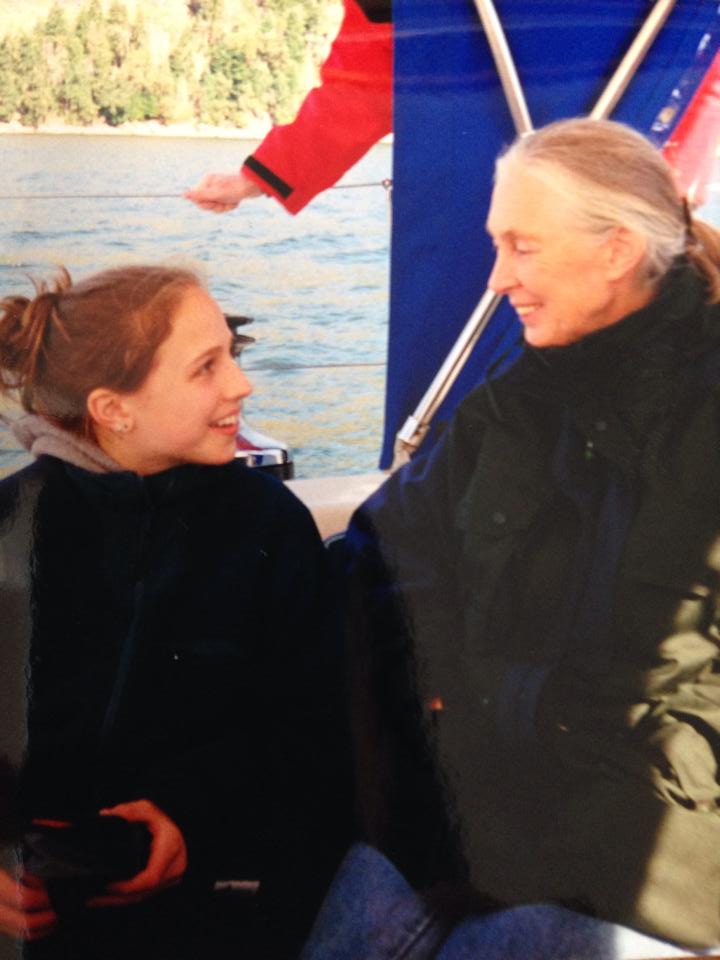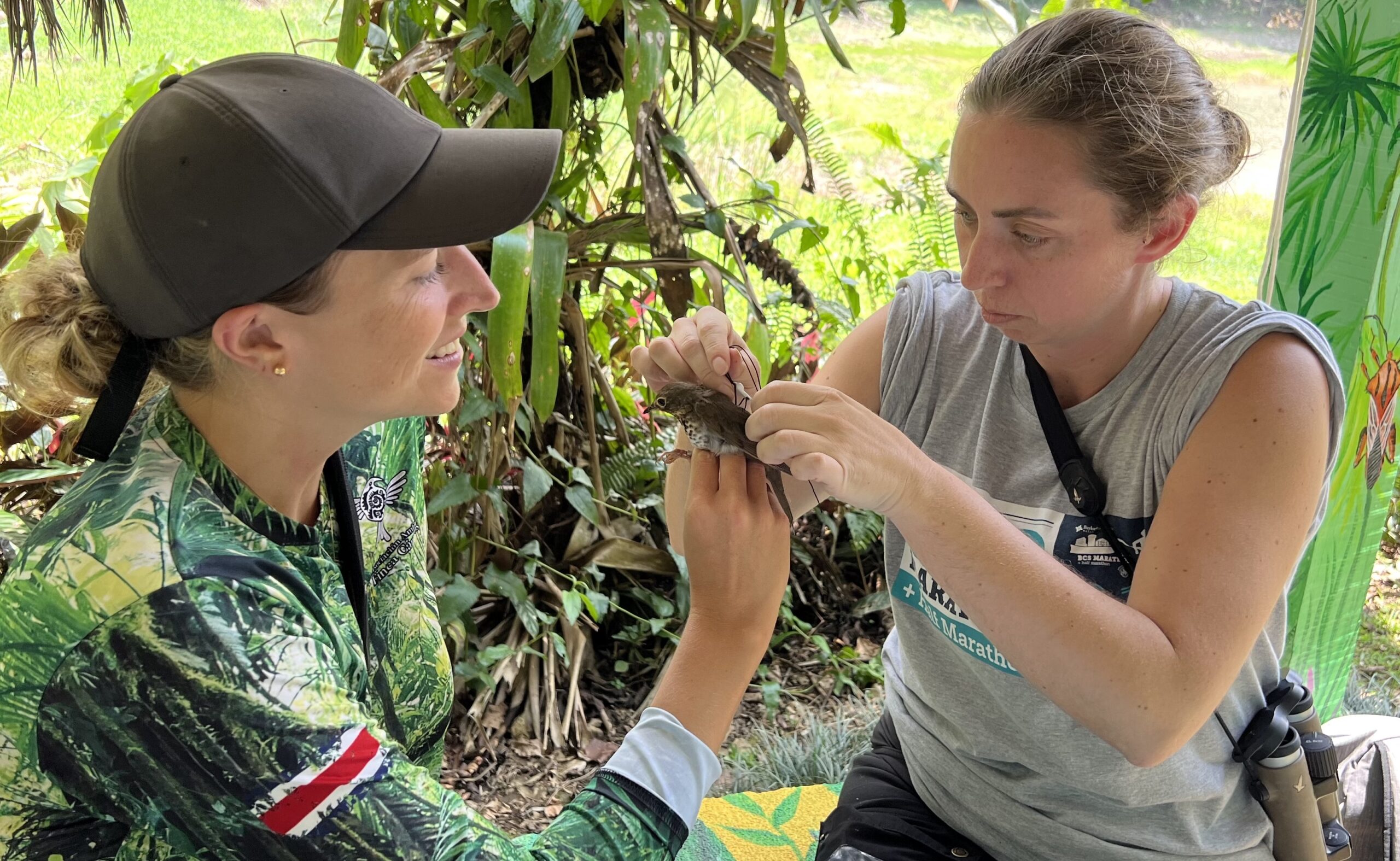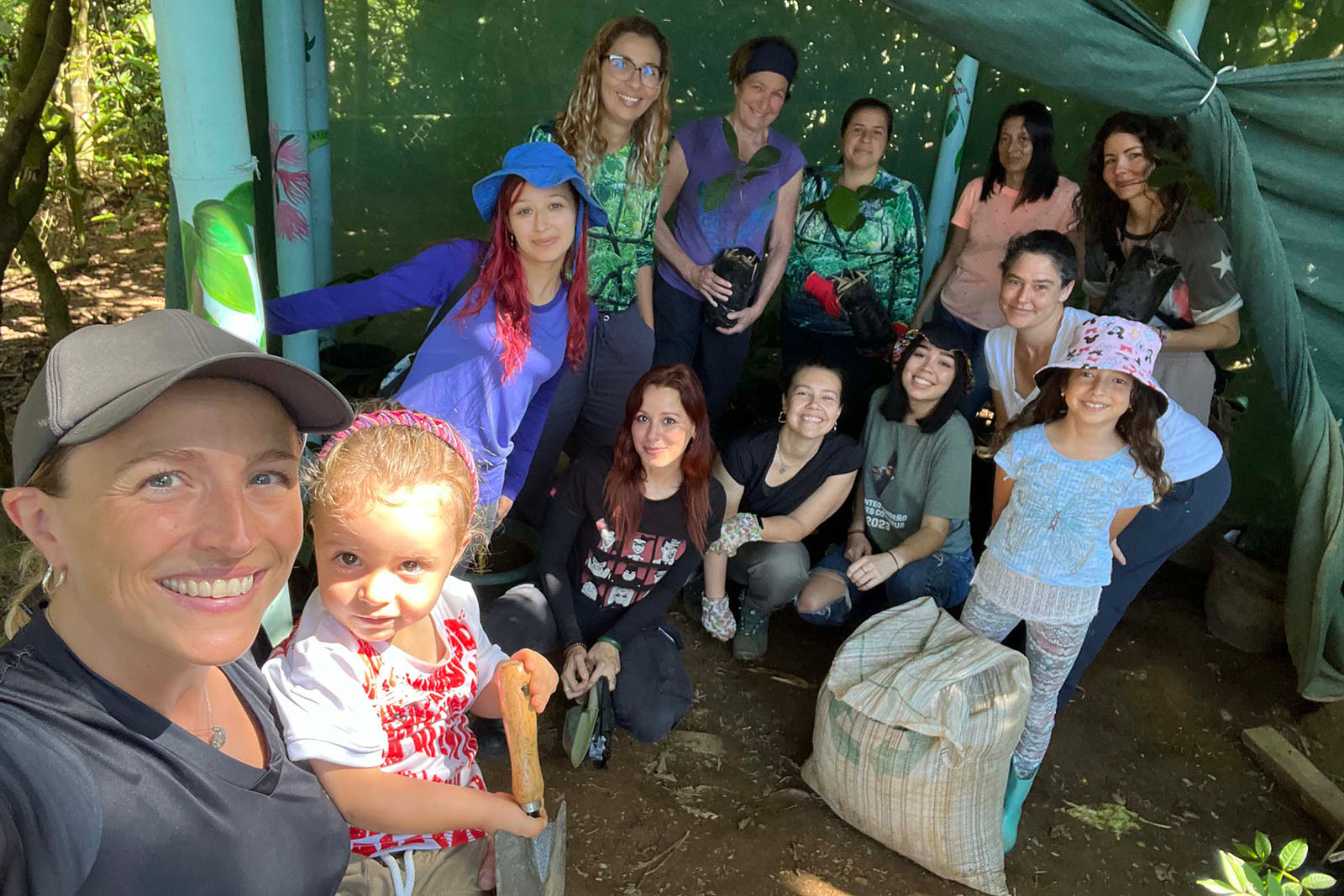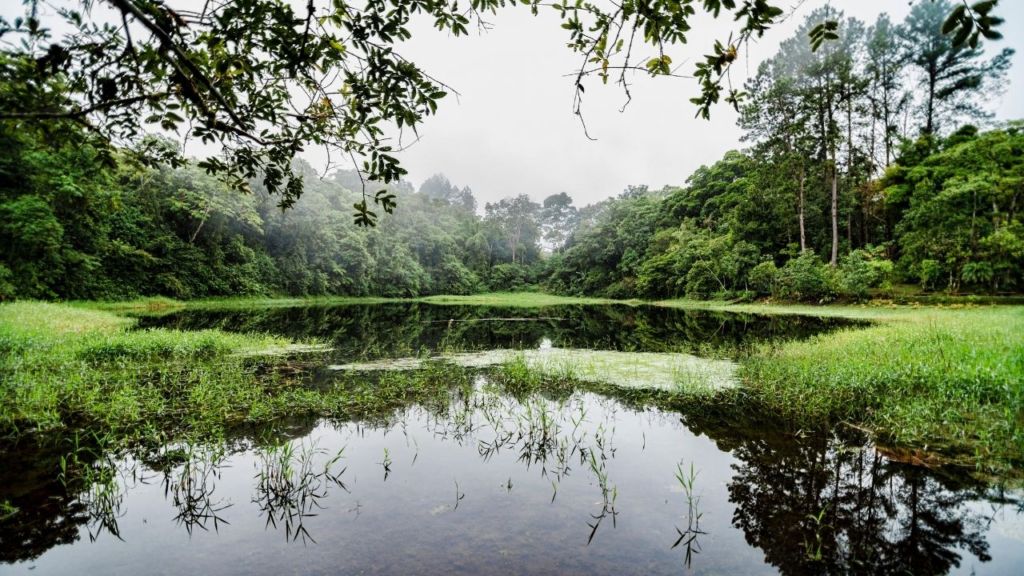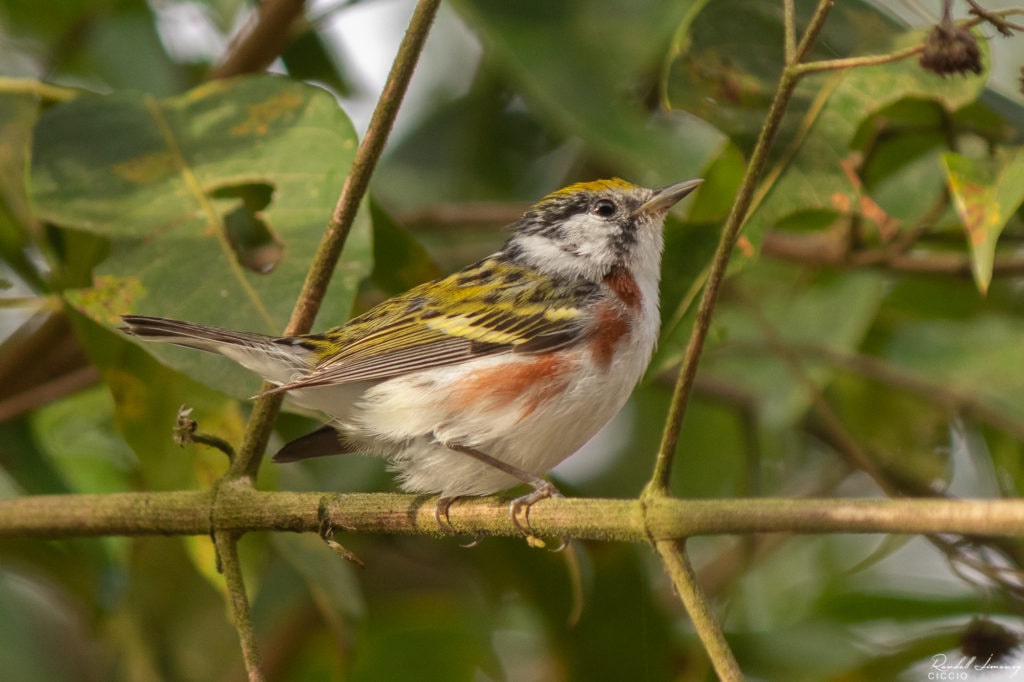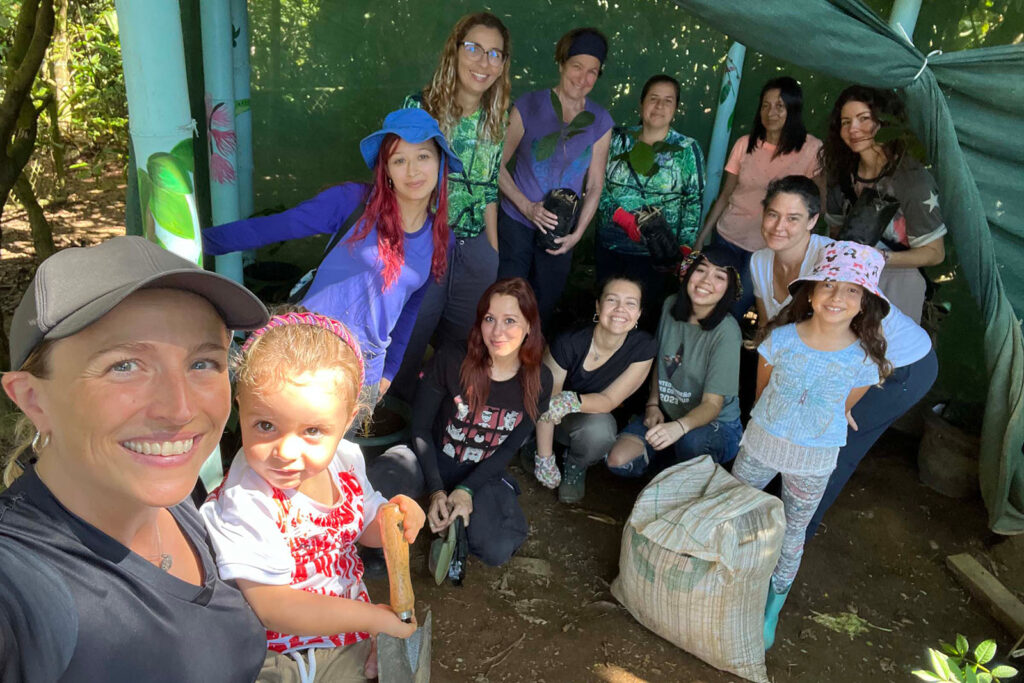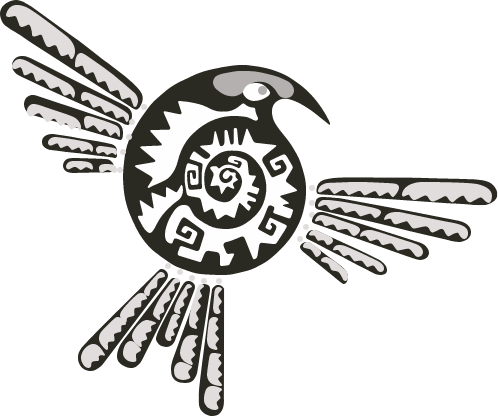All conservation organizations, including our brand new non-profit Finca Cántaros Environmental Association, want to be known for doing right by the world.
However, in the face of news about forests burning and climate change ravaging communities around the world, the desire to “do good” can often seem fuelled by a frenzied panic to “feel good.”
Educate the next generation! It’s the children of today who are the decision-makers of tomorrow. Plant as many trees, and as fast as possible! As the proverb advises: “the best time to plant a tree was yesterday, the second best time, is now.”
Environmental education (EE) and reforestation are undoubtedly two of the most critical strategies in the toolkit called How We Can Save the Planet. (This was also, coincidentally, the title of the book my mother bought me at the age of nine when I first expressed interest in environmental activism.)
But after nearly thirty years of volunteer work, internships, graduate studies and jobs related to environmental education, my personal experience confirms what the top experts in the field have proven time and again with research, and that is, EE cannot be reduced to the following equation: environmental knowledge + participants = participants will take action on behalf of the planet. Rinse, lather, repeat.
Ever-growing evidence tells us that a complex constellation of factors motivates and enables individuals and groups to adopt environmentally responsible behaviours, such as their connectedness to nature or self-efficacy.
A parallel challenge in the realm of reforestation gives me pause as I start to lead this new direction for Finca Cántaros—transforming it into a non-profit organization registered in my native Canada to support environmental work here in Costa Rica.
Sticking more trees into more ground is not a one-size-fits-all solution to complex environmental problems just as depositing more knowledge into more human brains is not a magic bullet to create environmentally responsible behaviours.
Research shows that too often, large sums of money are poured into tree-planting efforts that ultimately fail because they lack long-term sustainability. The focus can tend toward myopic: how many trees can we get into the ground in the short-term instead of how many of those trees can we keep alive in the critical first few years of forest regeneration.
Addressing the underlying drivers of deforestation and other environmentally “unfriendly” behaviours is messy and complicated. Compared to tackling poverty or gender inequity, it is easier to organize a morning of tree-planting where kids learn scientific facts about how trees sequester carbon dioxide, produce oxygen, protect our water sources… the list goes on and on.
I’m not advocating that we expunge those activities from the toolkit as I have personally organized them. Thanks to the collaboration and expertise of multiple local partners, we have turned part of the cattle pasture of Finca Cántaros into the “Children’s Forest of Coto Brus,” involving local elementary school children and their families.
From the outset, the goal was to ensure that neither the EE or reforestation aspects of this project were simply one-off “feel good” events.
It is necessary for children (and adults) to understand how our lives depend on that lengthy list of ecosystem services performed by trees. It is equally if not more important, however, to help kids develop a connection to nature and to build social capital around collective environmental action, which takes far longer than one morning.
The number of trees planted in the Children’s Forest (221) may not be grandiose, but our long-term commitment is as solid as the ever-growing trunks will be one day. And, while COVID hit pause on in-person EE activities, it cannot slow the growth of the new forest that I have the good fortune to walk through each day.
The sight of fresh leaves lit up by the magical early morning light always inspires reflection on how Finca Cántaros can do truly do good and feel good over the many years to come while educating the next generation who are, after all, the decision-makers of tomorrow.
—Lilly Briggs, Founder & Director of Finca Cántaros Environmental Association


